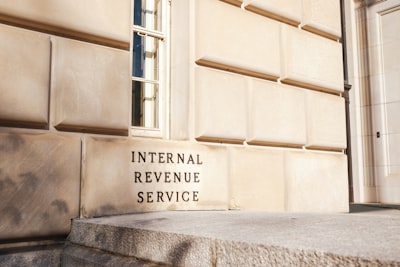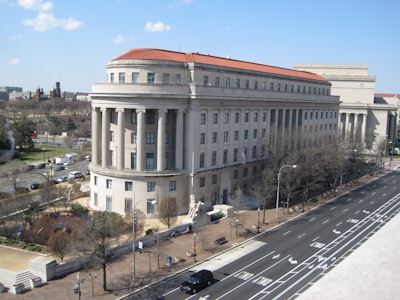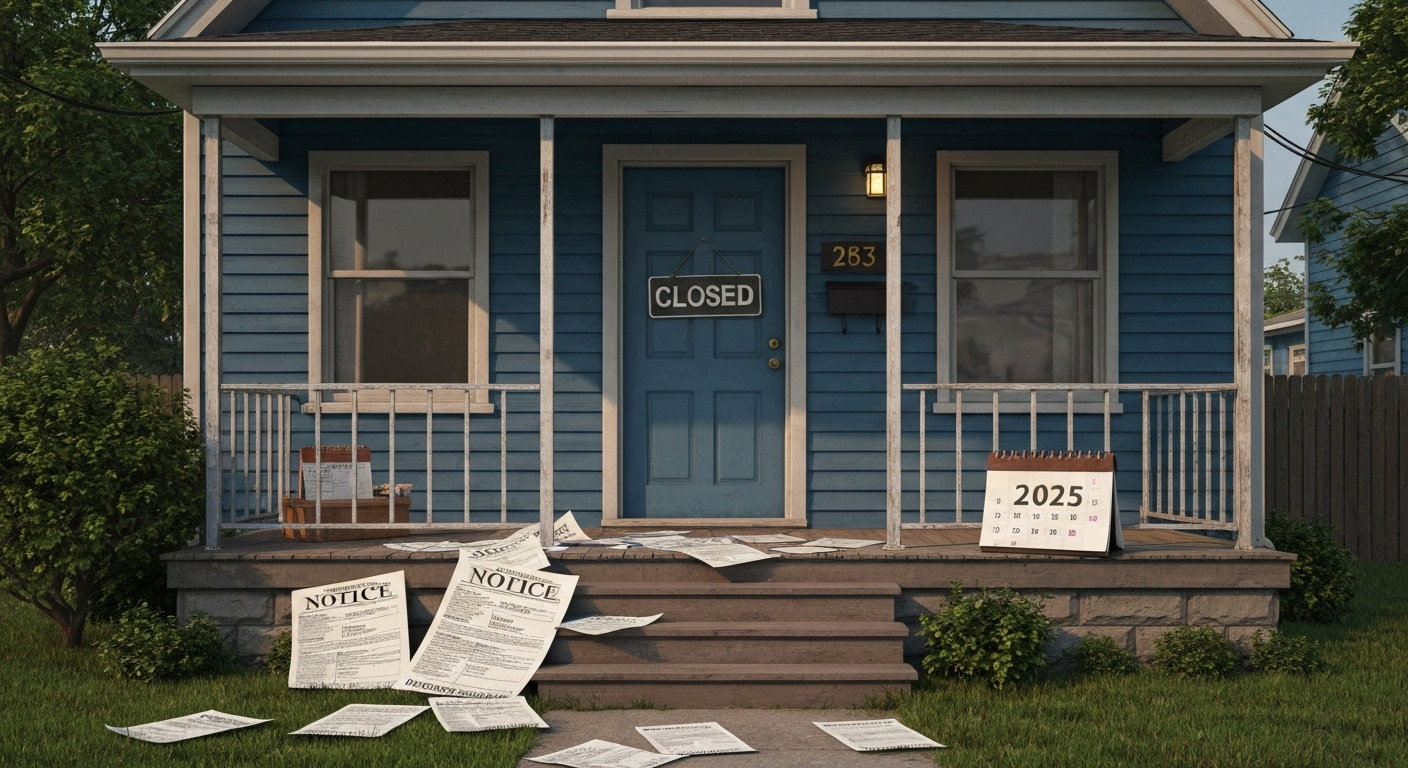Key Highlights
- A government shutdown can introduce market volatility, which may unexpectedly cause mortgage rates to drop.
- Federal agencies like the FHA and VA operate with emergency staff, causing delays for government-backed home loans.
- Your loan application can be slowed down by unavailable IRS and Social Security Administration verification services.
- Conventional loans regulated by Fannie Mae and Freddie Mac are less affected as they don't rely on congressional funding.
- Purchasing a home in a high-risk area may be halted if you need flood insurance from the National Flood Insurance Program.
Introduction
If you are navigating the homebuying process, the possibility of a government shutdown can add another layer of uncertainty. How might it affect your ability to secure mortgage loans? Since the average home loan involves a mix of private lenders and federal agency services, a shutdown can impact the housing industry in several ways. For potential homebuyers, understanding these effects is key to managing expectations and preparing for possible hurdles on your journey to homeownership.
The Government Shutdown: What Homebuyers Need to Know in 2025
A government shutdown affects homebuyers and the broader housing market through two primary channels. The first is through the market volatility created by economic uncertainty. The second is a direct result of the reduction in government services that support the processing of home loans.
For anyone looking to buy a home, these factors can create both opportunities and challenges. While you might see some good news on interest rates, you could also face significant delays in your loan approval. Let's explore what a shutdown is and which agencies play a role in your mortgage.
Defining a Government Shutdown and Its Recent History
A government shutdown occurs when Congress and the White House fail to agree on funding legislation to keep the federal government operating for the next fiscal year. When this happens, non-essential government services are temporarily suspended, and many federal workers are furloughed.
This isn't a new phenomenon. The United States has experienced several shutdowns, but they have become more prominent in recent memory. For instance, the government shut down twice during the 1996 fiscal year and again in 2014.
The longest shutdown in U.S. history occurred from late 2018 into early 2019, lasting 35 days. These events create ripple effects across the economy, and the mortgage application process is not immune. The pause in government functions can directly stall key verification steps needed to approve a loan.
Key Federal Agencies Involved in Mortgages

Several key federal agencies are integral to the mortgage process. While private lenders issue the loans, many rely on government entities for insurance, regulation, and verification. These agencies are impacted differently during a shutdown.
Fortunately, government-sponsored enterprises like Fannie Mae and Freddie Mac, which regulate conventional loans, do not depend on congressional funding. They can continue their operations, which is good news for many borrowers. However, other agencies that back popular loan types face significant disruptions. Real estate professionals often find their clients' timelines disrupted, affecting their business flow.
Agencies like the Federal Housing Administration (FHA) and the Department of Veterans Affairs (VA) run on emergency staffing, leading to delays for FHA loans and VA loans.
- FHA (Federal Housing Administration)
- Role in Mortgages: Insures loans for first-time buyers
- Impact of a Shutdown: Significant delays due to minimal staffing
- VA (Department of Veterans Affairs)
- Role in Mortgages: Guarantees loans for service members/veterans
- Impact of a Shutdown: Processing slows down considerably
- Fannie Mae & Freddie Mac
- Role in Mortgages: Regulate conventional loans
- Impact of a Shutdown: Operations continue as normal
- IRS (Internal Revenue Service)
- Role in Mortgages: Verifies tax transcripts for income proof
- Impact of a Shutdown: Verification services are often unavailable
Mortgage Rates During a Government Shutdown
It may seem counterintuitive, but a government shutdown can actually lead to lower mortgage rates. This happens because shutdowns create economic uncertainty, which makes investors nervous. In times of market volatility, many investors pull their money out of stocks and move it into safer investments.
One of the safest options is U.S. Treasury bonds. This increased demand for bonds drives their prices up and their yields down. Since mortgage interest rates tend to follow the path of the 10-year Treasury yield, a shutdown could make home loans more affordable. We will now look at what influences this volatility and what past events have shown us.
Factors Influencing Mortgage Rate Volatility
Yes, a government shutdown often causes mortgage rate volatility, primarily due to investor behavior and data gaps. When investors sense economic instability, they flock to the safety of Treasury bonds, which in turn can lower the interest rates tied to them, including mortgage rates.
However, another key factor is the lack of fresh economic data. The Federal Reserve relies on certain reports to make decisions about the nation's interest rates. During a shutdown, these reports are not published, creating an information vacuum.
This makes it harder for analysts and the Federal Reserve to gauge the health of the economy. Key data points that become unavailable include:
- The Bureau of Labor Statistics' jobs report
- The Federal Housing Finance Agency (FHFA) house price index
- Consumer price data used to measure inflation
How Historical Shutdowns Have Impacted Mortgage Rates
Looking at historical shutdown events gives us a clearer picture of their effect on mortgage rates. During the 16-day government shutdown in 2013, mortgage rates saw an overall drop despite the market volatility. This trend offers a precedent for what borrowers might expect.
Similarly, the longest shutdown on record in 2018-2019, which lasted 35 days, also initially caused mortgage rates to fall. However, rates began to return to normal levels even before the shutdown ended, showing that the effect isn't always permanent.
While lower rates sound like a benefit, they don't tell the whole story. The National Association of Realtors reported that existing home sales dropped during the 2018-2019 shutdown. The processing delays and general frustration can outweigh the advantage of slightly lower rates, impacting the overall housing market.
Effects on the Mortgage Application and Closing Process
Beyond interest rates, a government shutdown directly impacts the timeline of your mortgage application and closing. Regardless of your loan type, you should prepare for potential delays in the approval process that can postpone your home purchase.
Even if you are already under contract and awaiting your closing day, a shutdown can introduce new hurdles. These delays can be frustrating for buyers, sellers, and real estate professionals alike. Let's examine some of the most common challenges you might encounter and how different loan types are affected.
Common Delays and Verification Challenges
One of the biggest hurdles during a shutdown is the inability to get necessary verifications from government agencies. Many lenders require official documentation to confirm your financial information, and these services often halt when the government is closed.
This creates a significant bottleneck in the mortgage application pipeline. If your mortgage process is stalled, the best thing you can do is maintain open communication with your lender and realtor. They can provide updates and help you navigate the situation. Be prepared to be patient, as the timeline is largely out of your control.
Common verification challenges that stall the approval process include:
- Inability to get tax transcripts from the IRS.
- Delays in Social Security verification for income.
- Postponed approvals for government-backed loans.
- Lapses in the National Flood Insurance Program.
Impact on FHA, VA, and Other Government-Backed Loans

Government-backed loans, such as FHA, VA, and USDA loans, are typically hit hardest during a shutdown. These loan programs are popular, especially among first-time homebuyers, because their government insurance allows for more flexible qualifying criteria.
Unfortunately, the federal agencies that administer these programs, like the Department of Housing and Urban Development and the Department of Veterans Affairs, rely on congressional funding. During a shutdown, they operate with minimal staff, which means the processing and approval of FHA loans and VA loans slow to a crawl.
In contrast, conventional loans, which are not directly insured by the government, face fewer interruptions. While they may still experience delays from IRS or SSA verifications, the core underwriting process managed by Fannie Mae and Freddie Mac continues.
Conclusion
Understanding how a government shutdown can affect mortgages is crucial for homebuyers in 2025. With potential delays, rate fluctuations, and verification challenges, being informed can make all the difference in your home-buying journey. As you navigate these waters, remember that the landscape of mortgage options may shift, particularly regarding government-backed loans. Staying proactive and prepared will help you tackle any hurdles that arise during this uncertain time. If you have more questions or need personalized insights on your mortgage plans amidst a potential shutdown, feel free to reach out for a free consultation. Your journey to homeownership should be as smooth as possible, even in challenging times.





